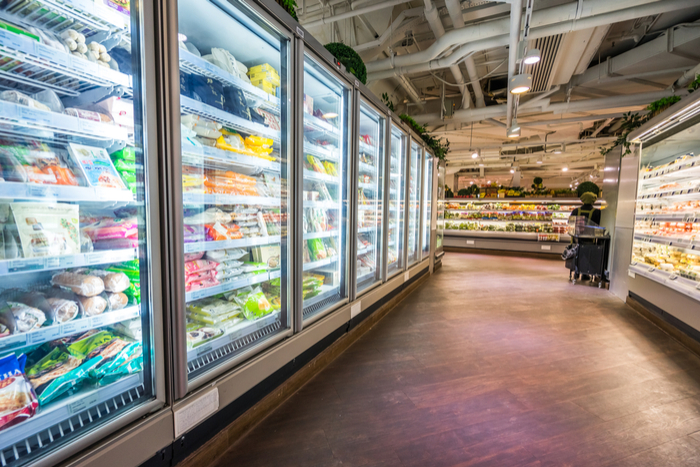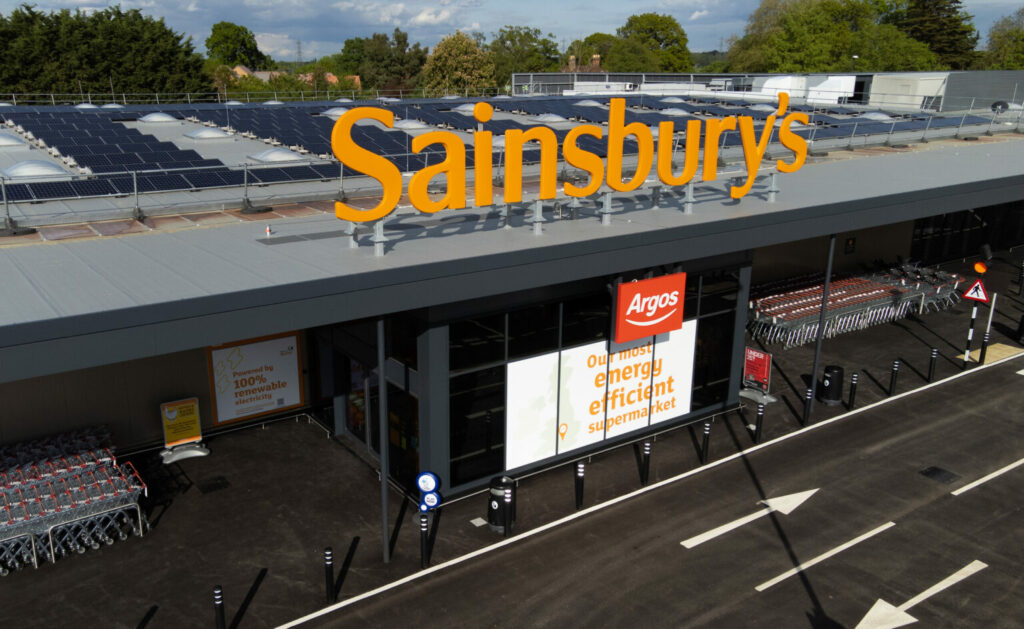// New report highlights significant growth in frozen food sector and changes in consumer shopping habits due to lockdown
// Retail frozen food sales increase by £872m to over £7bn a year
// This represents a year-on-year growth of 13.8%, compared to total grocery sales, which grew at 11.3%
The UK has become a nation of frozen food fans as the Covid-19 pandemic changed the way Brits shop for their grocery, according to a new report.
The Frozen Food Report, released last week by the British Frozen Food Federation (BFFF), suggests that consumers are shopping more online, spending more per shop and have bought more frozen food than ever before.
It said that in 2020, shoppers spent an extra £872 million on everything from frozen avocado to ice cream – making frozen food the fastest growing grocery category, second only to alcohol.
READ MORE:
- Iceland sales rise as customers stock up on frozen food
- Poundland acquires Fultons Foods, so what’s next for its frozen food offering?
According to the report, Generation Z – those born between 1997 and 2012 – are 23 per cent more likely to eat frozen food due to the convenience and growing range of vegetarian and vegan products on offer.
The report also reveals the value of frozen food sold in the UK stores is now worth £7.21 billion, representing a year-on-year growth of 13.8 per cent.
This compares to total grocery sales, which grew at 11.3 per cent last year, and the fresh and chilled category growing 9.3 per cent.
“Despite the challenges of 2020, and in some cases because of them, the UK’s frozen food industry continues to be a real success story,” BFFF chief executive Richard Harrow said.
“At the onset of the pandemic we saw a huge increase in the demand for online grocery shopping, triggering shopping habits we think will remain long after lockdown lifts.
“March 2020 was a record month for online penetration, which increased by 140,000 households, and further research in October found only 26 per cent of shoppers stated they intend to revert to pre-pandemic shopping habits, with 55 per cent saying they will never shop in the same way again.
“This means, potentially, 74 per cent of shoppers will maintain their online shopping habits long-term.
“Another change in consumer behaviour is the frequency of shopping trips has declined overall, but increased for frozen, and basket spend is higher.
“Consumers are also looking for convenient products that will not spoil between shopping trips.
“This plays to the strengths of the frozen category and means we’re optimistic frozen will continue to grow its share of online purchases.”
Click here to sign up to Retail Gazette‘s free daily email newsletter

















